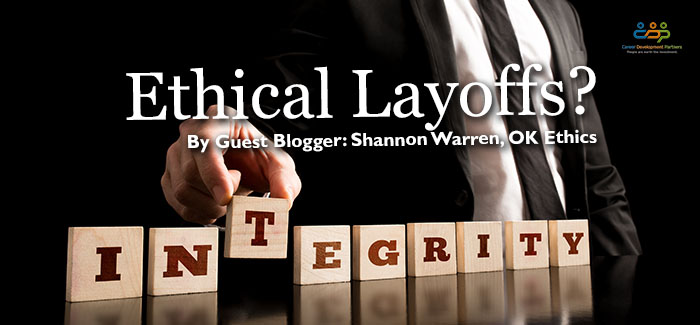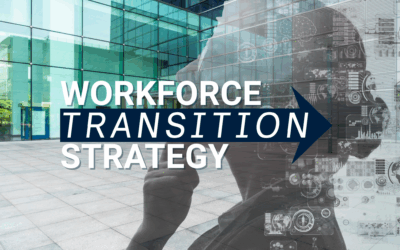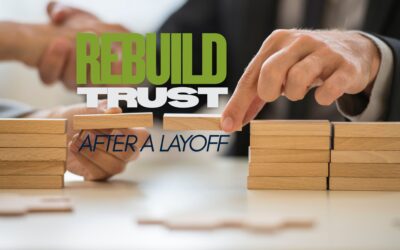By Guest Blogger, Shannon Warren, Founder of OK Ethics.
Prepared for publication in October 2015 Journal Record by Shannon Warren
“You’re not in business to be liked…We’re here to succeed.”
Such was the mantra of “Chainsaw” Al Dunlap, who made Time’s worst bosses list in 2010. Known for his ruthless slash-and-burn approach, Dunlap became a model of unconscionable downsizing. Oblivious to the human impact of firings on families and communities, Dunlap seemed to define success in the myopic terms of simply making as much money as possible – no matter what. For a while, he was richly rewarded, but when he attempted his brutal legacy at Sunbeam, he was subsequently axed in 1998. The company never quite recovered from his toxic leadership and they later filed bankruptcy.
Dunlap provided the perfect model of downsizing gone wrong, but are all layoffs unethical? Not necessarily. One can almost make a comparison to the predicament faced by Aron Ralston, an outdoorsman whose arm became trapped under a boulder. After five days alone, he was forced to severe his injured appendage. If he had not done so, his entire body would have perished.
Oklahomans have witnessed positive examples of the right way to treat people when a financial avalanche hits. Recently, due to the downturn in the oil and gas industry, Kimray, Inc. offered its employees a voluntary opt-out package of $5,000, health coverage and professional resume counseling. In a similar situation in the 1980s, Kimray loaned its employees to charities until that crisis was over.
When Chesapeake recently found it necessary to downsize, The Oklahoman reported that the company provided health insurance, severance pay and job placement assistance to displaced workers.
Helping people get back on their feet is an important win-win proposition for all parties involved. According to Oklahoma-based Career Development Partners’ CEO Travis Jones (who also serves on the OK Ethics Board with me), outplacement significantly shortens the amount of time normally involved in a job search. In fact, his company has found that 96% of their participants find equal or better positions.
Beyond altruism, companies taking the right approach will benefit from a lower unemployment insurance modifier, fewer lawsuits and positive branding. As Jones put it, “The company’s reputation goes with that person as they are walking out the door. They will tell others how they were treated.”
Sacrifices like layoffs are sometimes necessary. How those transitions are handled will show an organization’s true sense of integrity.
Shannon Warren is founder of OK Ethics, an organization hosting monthly forums for business professionals in Oklahoma City and Tulsa. Www.Okethics.org




